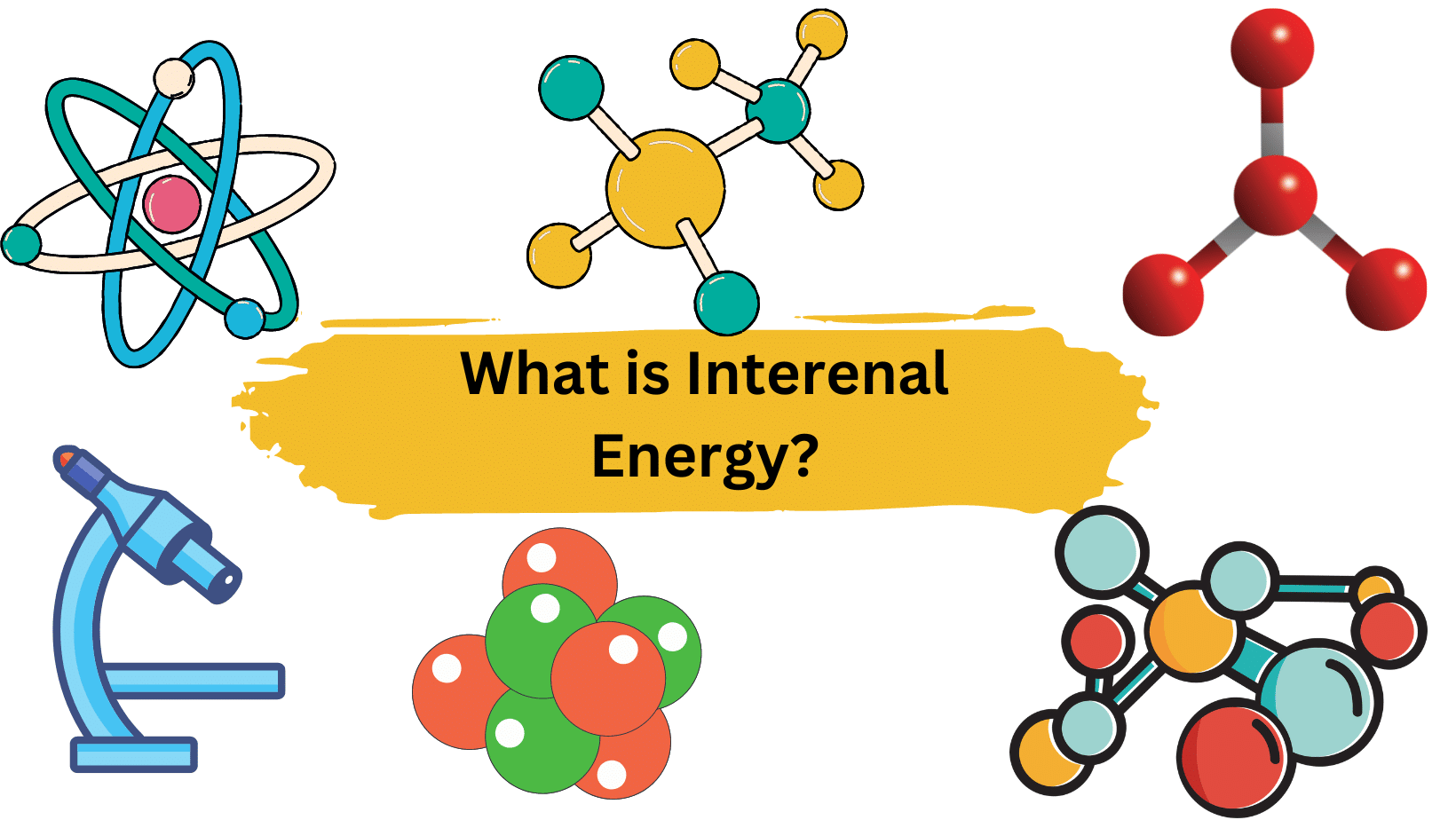The amount of heat that must be added (or removed) from a unit mass of a substance to change its temperature by one degree Celsius is referred to as “specific heat.” It is a powerful property. To put it simply, equal masses of different substances require varying amounts of heat to raise them through the same temperature interval.
Table of Contents
Specific Heat Definition
Specific heat capacity is defined as the amount of heat required to raise the temperature of one kilogram mass of a substance by one Kelvin temperature.
A simple example is that the specific heat of copper is 0.385 J/g °C. This means that 1 gram of Cu takes 0.385 joules of heat to raise its temperature by 1 degree Celsius.
S.I unit is J/(kg.K) or J/(kg.C).

Specific Heat Formula and Derivation
The specific heat formula is Q/m ΔT = cp where Q refers to the amount of heat supplied to the specimen and ΔT is the rise in temperature.
The value of cp depends on the nature of the substance.
Derivation
Consider the temperature of a body of mass “m” changing by ΔT. The amount of heat (Q) absorbed or released by a body is proportional to its mass and change in temperature.
Q ∝ mass of the body (m) ………(1)
Q ∝ change in temperature (ΔT) ………(2)
Combining equation 1 and equation 2
Q ∝ mΔT ⇒ Q = cp.m.ΔT
Where cp is the constant of proportionality, it depends on the nature of the substance.
The formula shows that the transfer of heat to an object depends upon two factors:
- The change in temperature
- The mass of the system
As per the formula, to cause an equivalent temperature change in a doubled mass, you need to add twice the heat. A substance’s heating capacity depends on temperature and pressure, so cp is typically determined at constant temperature and pressure, typically 25 degrees Celsius.
Specific Heat of Water
The specific heat of water is 4182 J/kg°C which is higher than any other common substance. As a result, water plays a very important role in temperature regulation.
The cp of water is five times that of glass, which means that it takes five times as much heat to raise the temperature of water the same amount as for glass.
Summary
- Specific heat refers to the exact amount of heat needed to make one unit of mass of a substance one degree warmer.
- The specific heat formula is Q = m.ΔT.cp
- The SI unit of cp is joule per kilogram per kelvin
Related Topics
Room Temperature| Comfortable Temperature
The Melting Point of Water (Ice)
What Is Auxiliary Heat| 5 Easy Key Points
What Temp Does Water Freeze?
The pH of Distilled/ De-Ionized Water
Frequently Asked Question
Some of the frequently asked questions are given below
1. What is heat flux?
The quantity of heat transferred per unit area per unit time to or from a surface is referred to as heat flux.
2. What is the specific heat of air?
The specific heat of air at constant pressure is 1.005 kJ/kg K and the specific heat of air at constant volume is 0.718 kJ/kg K. The specific heat (C), also called heat capacity, of a substance, is the amount of heat required to raise its temperature by one degree.
3. What is the definition of specific heat?
Specific heat is defined as the amount of heat required to raise the temperature of one gram of a substance by one degree Celsius. Specific heat is usually measured in Joules per gram per degree Celsius (J/g oC), but it can also be expressed in calories.
4. What is the sublimation process?
Sublimation is the process by which a solid turns straight into a gaseous state without first going through the liquid stage. Dry ice is one of several sublimation instances (frozen carbon dioxide).
5. The process of distillation?
Distillation is the separation of a mixture of liquids based on variations in their boiling points (or volatility). Water may be extracted from a salt solution using this method.
More Topics
- BCl3 Lewis Structure in four simple steps - November 1, 2023
- PH3 Lewis Structure in four simple steps - October 8, 2023
- PF3 Lewis structure in four simple steps - September 24, 2023



